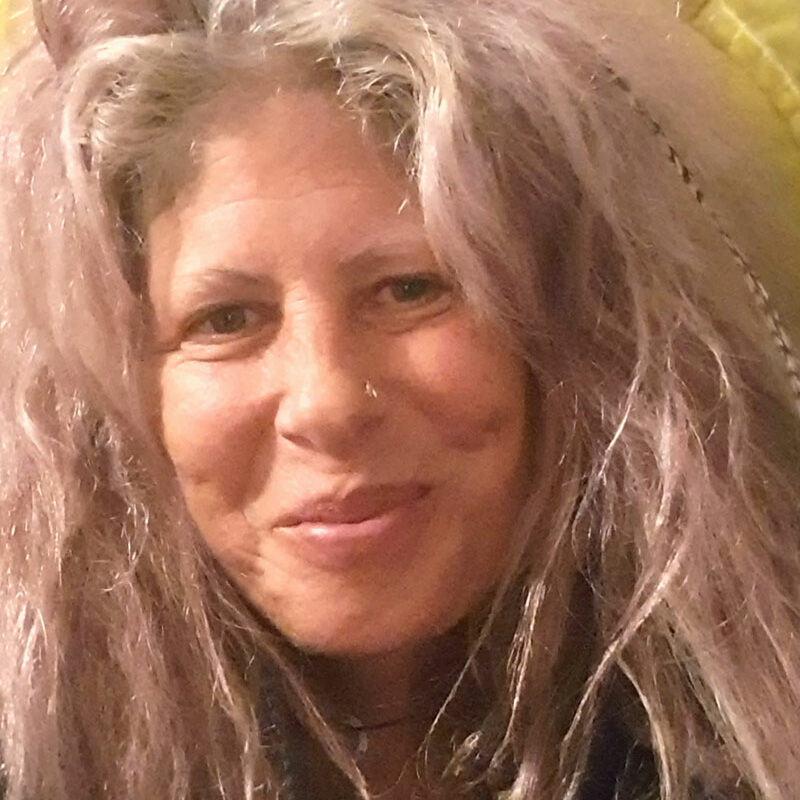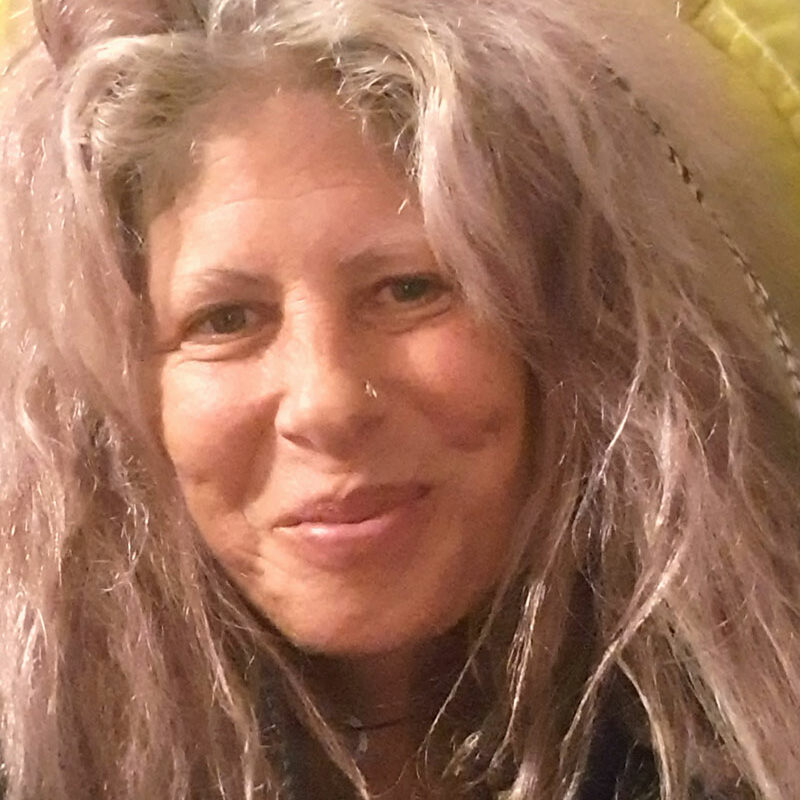A deep, creative and transformative process, which supports you through your holistic awakening journey and individual personal health revolution
It Doesn’t Just Happen To Us
It Doesn’t Just Happen To Us
‘It Doesn’t Just Happen To Us’ by Rowena J Ronson
A comprehensive look at cancer, health and the importance of what we can do for ourselves…
When a cancer diagnosis is given to us, it is most likely to be a tremendous shock. Even if we have been having undiagnosed symptoms for a while, and have visited our doctor several times over a period of months and have been told not to worry; even if we have been referred to a few specialists who have come up with nothing – our first reaction is mostly and unequivocally, shock. The fall from denial to awareness is shocking indeed.
Our second reaction is fear. Fear of the unknown, of the loss of the delusion of certainty that we thought we had, the aloneness of it all. And in our blind panic, our independence and choice are taken from us as we are admitted and filtered, as swiftly as possible, through the system. We can lose our dignity, our identity, our self-belief and our power, and for many this process is never questioned.
A common and also very limiting mindset is that our health is not in our control. It is not something to take responsibility for or to learn about. The doctors have the answers for us, and who are we to be well informed and query their authority? For many, this paternalistic medical model appeals. It is easier to accept answers than ask questions. It is more comfortable to feel protected from knowledge, than attempt to understand why we are ill and what we can do ourselves, to take responsibility to recover our own health.
Many will never be aware of their prognosis (the likely progression of their disease), by choice, and will prefer to live and die that way, even if the prognosis is positive. And for some, the choice is taken out of their hands, and the doctors will hold back the information, for, in their opinion, the good of the patient and their family. And many will not be aware of their choices of treatment, and how effective conventional treatment is or isn’t for their particular cancer.
Those who do question the system, might do so when first visiting their GP with new symptoms, and being listened to for a few minutes and then prescribed the current first-line medication that seems to fit their symptoms generally enough, in the hope that it will do the trick and sort them out. In an exhausted and exhausting profession, where protocol is followed to the letter, a curious, independent patient is more ‘heartsink’ from the GP’s perspective than we realise. Their response can be defensive, aggressive, judgmental and hostile, leaving the patient angry, unacknowledged, unsupported and dismissed. And the dynamic can get in the way of a swift and appropriate diagnosis.
Many cancer patients will talk of frequent unfulfilling visits to their doctors, repeated prescriptions of toxic, immune-suppressing medication, and a period in a frustrating and worrying no man’s land, until their symptoms worsened enough to produce a recognisable disease picture.
In fact, aren’t we taught to suppress symptoms with painkillers, steroids and antibiotics, rather than question why we have these signs in the first place? When we are in discomfort or pain, our body is attempting to tell us something is wrong. Instead of seeing our symptom as a message from our body that we are out of balance and need attention, we ignore these signs at best; at worst we suppress them with the wrong medicine, and push our imbalance deeper into our system.
Once in the medical system, as a cancer patient, it is all the more challenging to challenge. Many patients report feeling bullied by nurses and doctors if they question their treatment. Most are open to operations, but some query the need or effectiveness of radiotherapy, chemotherapy or ongoing hormone therapy. There does not seem to be an environment where it is safe to question without prejudice or ask for alternatives and choice from someone who really does understand that there are alternatives and patients are entitled to choice.
And way before we become ill, we might think we are following a healthy diet and taking care of ourselves as long as we are eating our ‘five a day’. After all, this is the only guidance we have been given. But because of advertising and conditioning, most of us see sugary food as treats that we deserve rather than the poisons they are. Most of us do not have a clue what a healthy diet consists of and we are completely brainwashed by television and manipulated by supermarkets, on behalf of the food industry, to buy and eat food that has no real goodness at all. The medical profession does not seem to recognise a link between good nutrition and disease prevention, in fact, all research connecting sugar and cancer is ignored, resulting in doctors advising patients already diagnosed with cancer to gain weight by eating sugar.
And sugar is not the only cause for malnutrition and malabsorption of the vital minerals and vitamins we do need to be and stay healthy. Unless we are as mindful as detectives, the unhealthy and often hidden culprits in food, which is labelled to mislead, can and will actually stop us absorbing the goodness from the healthy food we do manage to eat.
Not only do we ignore and suppress symptoms on a physical and physiological level, we also do not listen to ourselves mentally, emotionally and psychologically. Our physical symptoms are often caused by stress and its impact on our mind and hormones, and we then manifest our dis-ease physically in our bodies. But we live in an era where enough is never enough. We push ourselves beyond our limits, to forever achieve more and feel less; to overthink and never just be; to be in touch with everyone else to the detriment of being in touch with ourselves; to never be present, but have a buried past and a fantasy future.
And consequently and inevitably, our dis-ease becomes us. We take it on and we take it in. Our outer struggle internalises and seeks refuge in our inner being and creates temporary equilibrium, a coping mechanism, until it can cope no more. And then it sends us little messages, which we are, unfortunately, taught to ignore.
With all of this in mind, here are some useful guidelines for ways to stay healthy and prevent dis-ease:
For how to nourish yourself:
- Get to know yourself mentally, emotionally and physically, and understand your needs as an individual and how to take care of yourself so you can stay in balance and healthy (reflective journal writing can help).
- Look for natural ways (for example, yoga, homeopathy, massage, nutrition) to take care of yourself and give yourself support you when you are out of balance.
- Find a way of relaxing for your mind and body, which you enjoy and value, and practise it regularly in order to de-stress yourself (for example, meditation, Pilates, yoga, walking in nature, being creative). Hormones adrenaline and cortisol, are over stimulated by stress which includes just rushing around and eating on the go.
- Find a form of exercise for your chemical balance and your body, which you enjoy and can practise because you want to, (for example, yoga).
- Be mindful of the food you eat and drink, and what substances turn on the addictive part of your brain, which makes you use them despite knowing their detrimental effect on your health short-term and long-term (for example, sugar, aspartame, tobacco, alcohol, drugs (recreational, over-the-counter and prescription).
For the support you seek outside of yourself:
- Find a GP who is open-minded, understands you and your needs and supports you in your choice to question and have an opinion on your health.
- Find a holistic practitioner (a homeopath, nutritionist, acupuncturist, herbalist or other alternative medicine therapist who will view your health holistically) with whom you can build a relationship and trust, and who will help you mentally, emotionally and physically as the whole person you are, with natural, non-suppressive remedies and/or approaches.
- Avoid taking medications (over-the-counter and prescription) that you have not fully researched, making an informed choice for your health consciously and continuously throughout your life.
- Take responsibility for your health on all levels, from the food you eat to the emotions you express and the thoughts you think. Empower yourself and be the aware, conscious being you are. You are the person who knows you best.
- Keep an open mind and encourage your intuition to guide you to find the right answers and support for yourself.
For a healthy relationship with yourself:
- Take care of yourself as you would a family member whom you absolutely love.
- Create time for yourself, even if it is only a few minutes a day, as you would do for those you love in your life.
- Listen to your body, become its friend, and take note when it talks to you, especially when it says you are out of balance.
- Practise turning negative thoughts into positive ones, keep an open heart and develop your intuition.
- Find a creative outlet, even if you are totally convinced you are not creative! Creativity in its many forms feeds the soul.
For healthy relationships with others:
- Choose healthy relationships that will feed you on all levels and keep you met and understood.
- Be yourself, be true to yourself and communicate how you are feeling to those you are in close relationship with.
- Practise assertiveness – respecting yourself and respecting those you are in relationship with, equally.
- Be in the present, with mindfulness of the past, and openness for the future.
- Find a level of acceptance for those in your life who are there not by choice, and seek not only to find ways of dissolving resentment, but also not allowing it to build and fester in the first place.
For the bigger picture – you as a spiritual being:
- Find your purpose in life or let it find you.
- Practise gratitude – daily list all that you are grateful for, especially at times when you might not be able to see the wood for the trees.
- Learn from all your experiences in life and put that learning to good use.
- Practise hope and faith, whatever that means to you.
- Be in nature. Not only does it ground us, it also helps us see the bigger picture that is always there if we step out of ourselves, open our eyes and take the time to see it.


